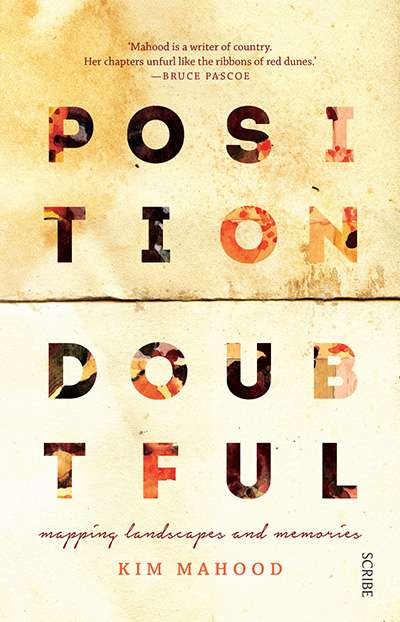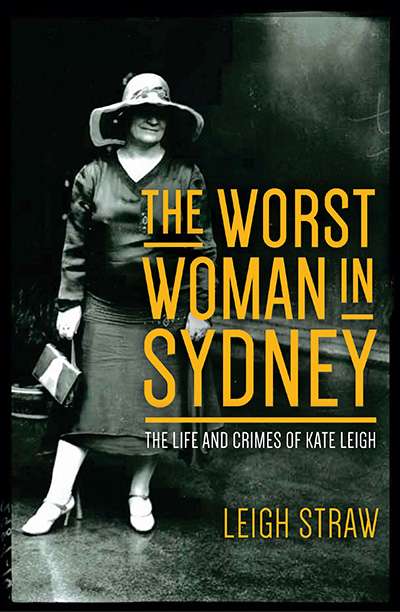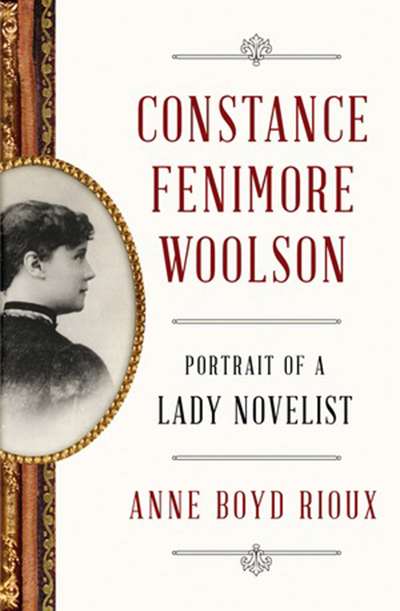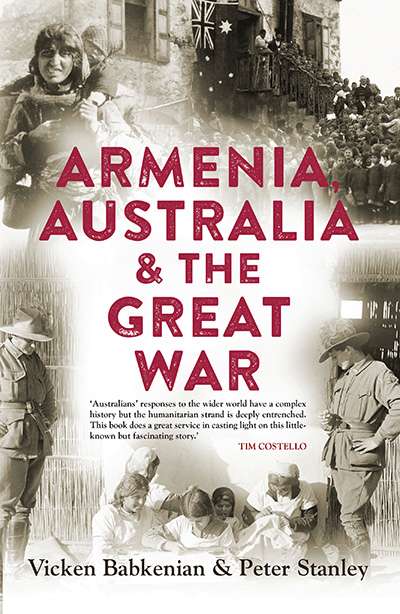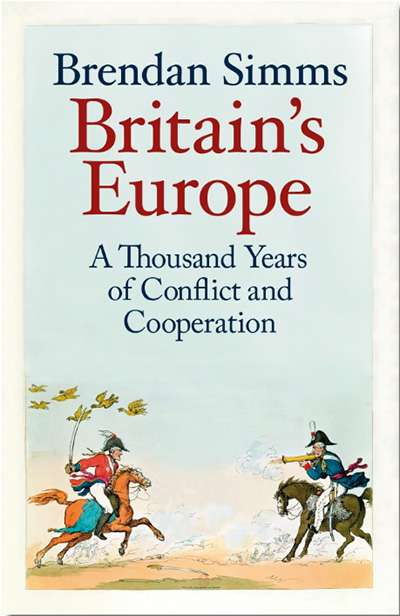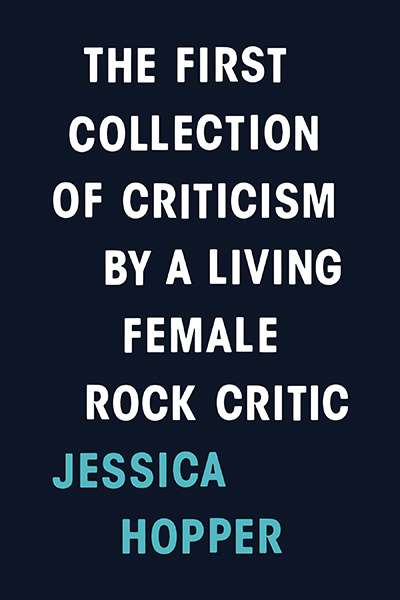Non Fiction
Position Doubtful: Mapping landscapes and memories by Kim Mahood
At the bottom of one of Kim Mahood's desert watercolours, she scrawled, 'In the gap between two ways of seeing, the risk is that you see nothing clearly.' A risk for ...
... (read more)The Worst Woman in Sydney: The Life and Crimes of Kate Leigh by Leigh Straw
The Worst Woman in Sydney is the first biography devoted to the early twentieth-century Sydney underworld matriarch Kate Leigh. Leigh Straw attempts to tease out ...
... (read more)Constance Fenimore Woolson: Portrait of a lady novelist by Anne Boyd Rioux
If Constance Fenimore Woolson is remembered today, it is likely to be as a friend of Henry James, and a minor character in his much-chronicled life. Anne Boyd Rioux's ...
... (read more)The history of (not so) great men and women, their lovers, wars, and marriages is back. After social historians from the 1970s reduced kings and queens to 'clowns in ...
... (read more)Armenia, Australia and the Great War by Vicken Babkenian and Peter Stanley
The Armenian Genocide, which claimed an estimated 1.5 million lives, began in 1915. It continues to cause controversy today and is a hotly contested event; ...
... (read more)Brett Whiteley: Art, life and the other thing by Ashleigh Wilson
Notwithstanding the fact that he died alone in a hotel room following a heroin overdose at the age of fifty-three, Brett Whiteley led what for an Australian artist ...
... (read more)Our Man Elsewhere: In search of Alan Moorehead by Thornton McCamish
You have to admire the professional writer who describes the chore of churning out the daily ration of words as 'like straining shit through a sock', ...
... (read more)Britain’s Europe: A thousand years of conflict and cooperation by Brendan Simms
For elections in Britain, the polling stations stay open until late, with counting through to dawn. So it was a sleepless night for many on Thursday, 23 June 2016 ...
... (read more)The First Collection of Criticism by a Living Female Rock Critic by Jessica Hopper
Chicago-based music critic Jessica Hopper disdains introductory tedium. Were I to mimic her style, we'd be off and running by now, or grappling with a question ...
... (read more)Claire Halliday's Things My Mother Taught Me opens thus: 'History is a personal thing.' But in this book – a collection of interviews with famous Australians about ...
... (read more)

